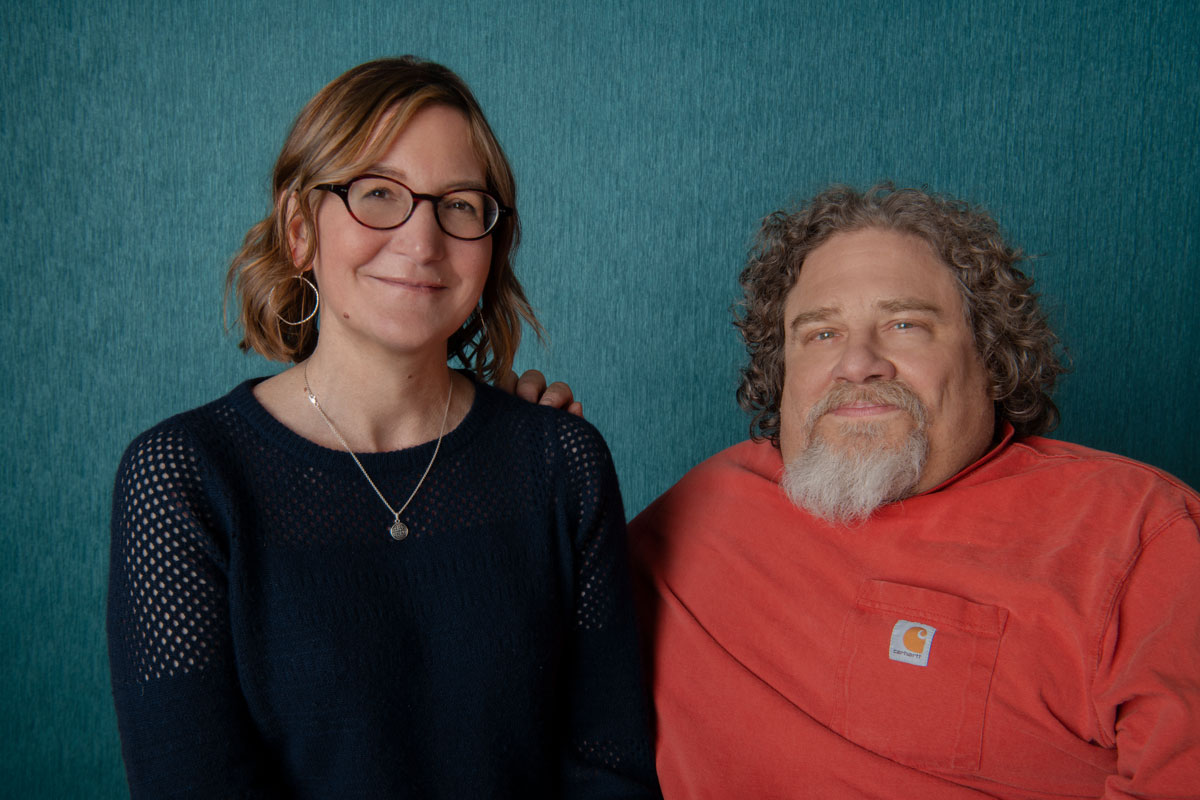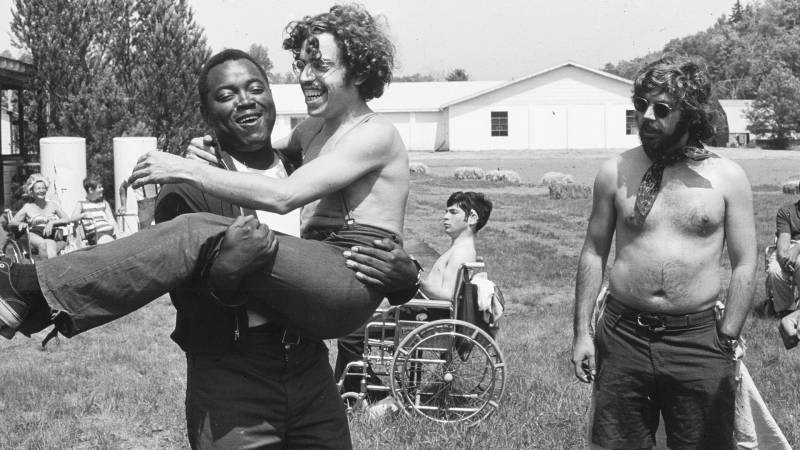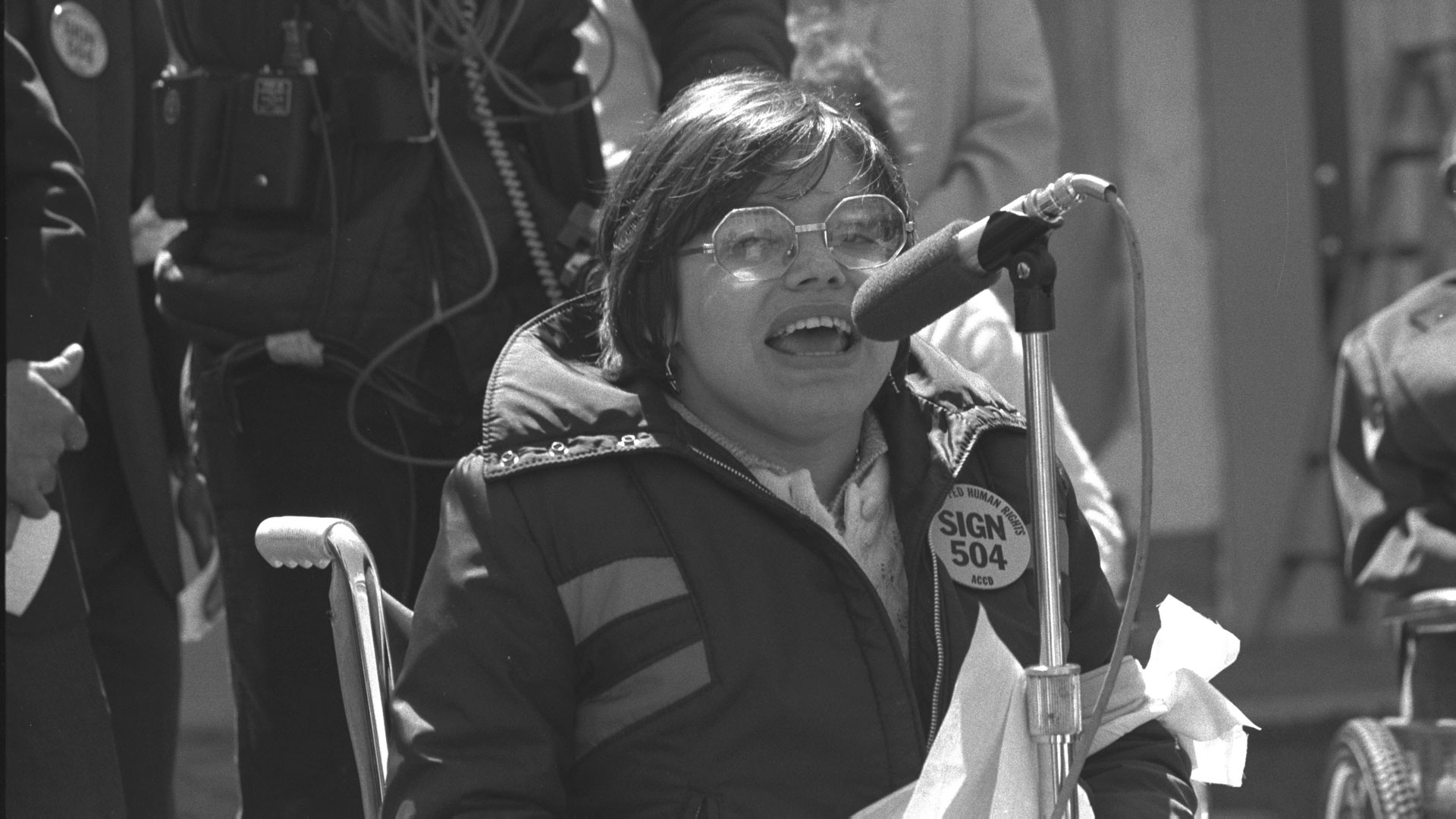Jim LeBrecht was a life-of-the-party 15-year-old with spina bifida when he got off the bus at Camp Jened. The three-hour ride from his New York City home to the Catskills camp, then in its 20th year of catering specifically to children with disabilities, was fun and strange and, in ways he couldn’t imagine, the first step on a journey that coincided with a societal transformation.
LeBrecht’s winning personality and self-aware perspective enroll us immediately in Crip Camp, the disarming, infuriating and essential documentary co-directed by the longtime East Bay sound designer and local ace Nicole Newnham (The Rape of Europa). It’s the film we didn’t know we needed, filling a great gap in the history of the civil rights movement that I, at least, didn’t realize existed.

Crip Camp opened the Sundance Film Festival in January, reconnecting the festival with its politically conscious roots, and premieres Wednesday, March 25 on Netflix. A celebratory community screening was planned for SFFILM in April, until the coronavirus forced the festival’s cancellation. You can still cheer and yell at the screen, albeit from the “comfort” of your own home. (You can also yell at the federal government, though you may want to open your window à la a certain Howard Beale.)
LeBrecht’s recounting of his various awakenings at hippie-happy Camp Jened in the summer of ’71—romantic and sexual, included—establishes Crip Camp at the outset as a coming-of-age story, with all the joy, awkwardness, gratifying nostalgia and life lessons one anticipates. It’s a smart strategy in a couple of ways: Through one man’s eyes, we view that period and, more importantly, what it was like to live and to be perceived as “disabled.” We’re in the room, not peering through a window, with people who are alive and irreverent and sensitive and horny and, well, people.
Another benefit of this approach is it allows Crip Camp to avoid earnestness, and the deadly air of a “message film.” Serious subjects are discussed—dependence and independence, the lack of privacy—but they are framed as personal issues, even if every camper deals with them on a daily basis back home.



